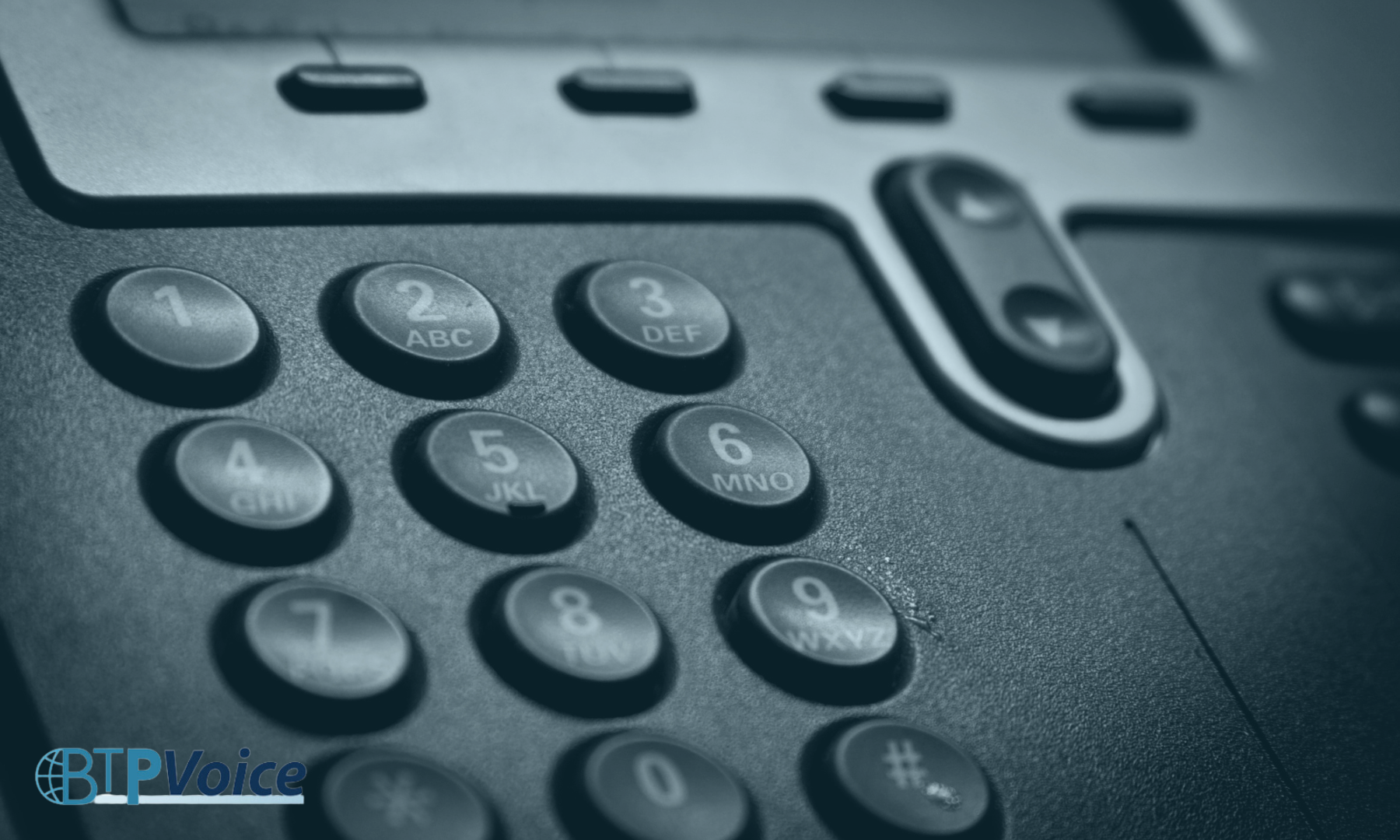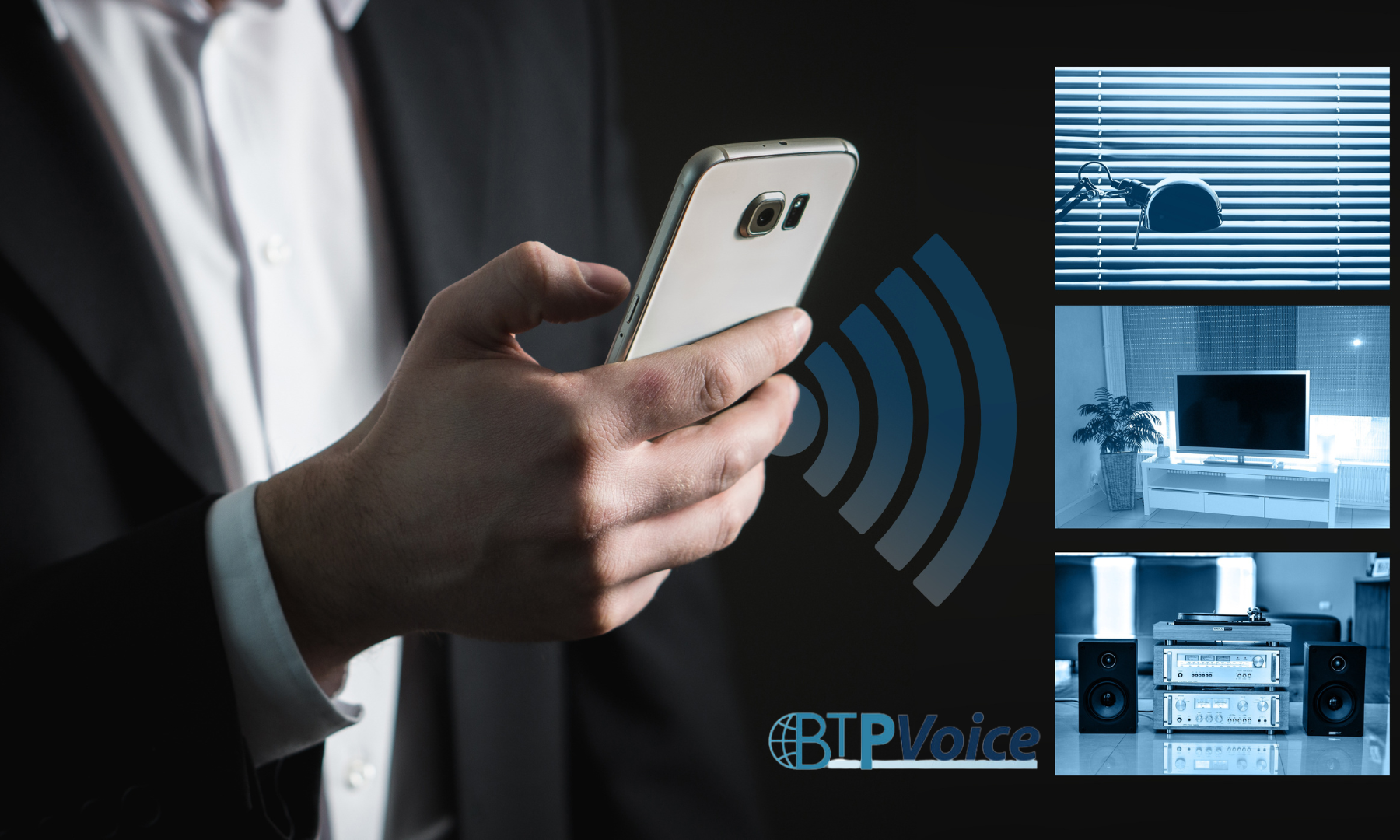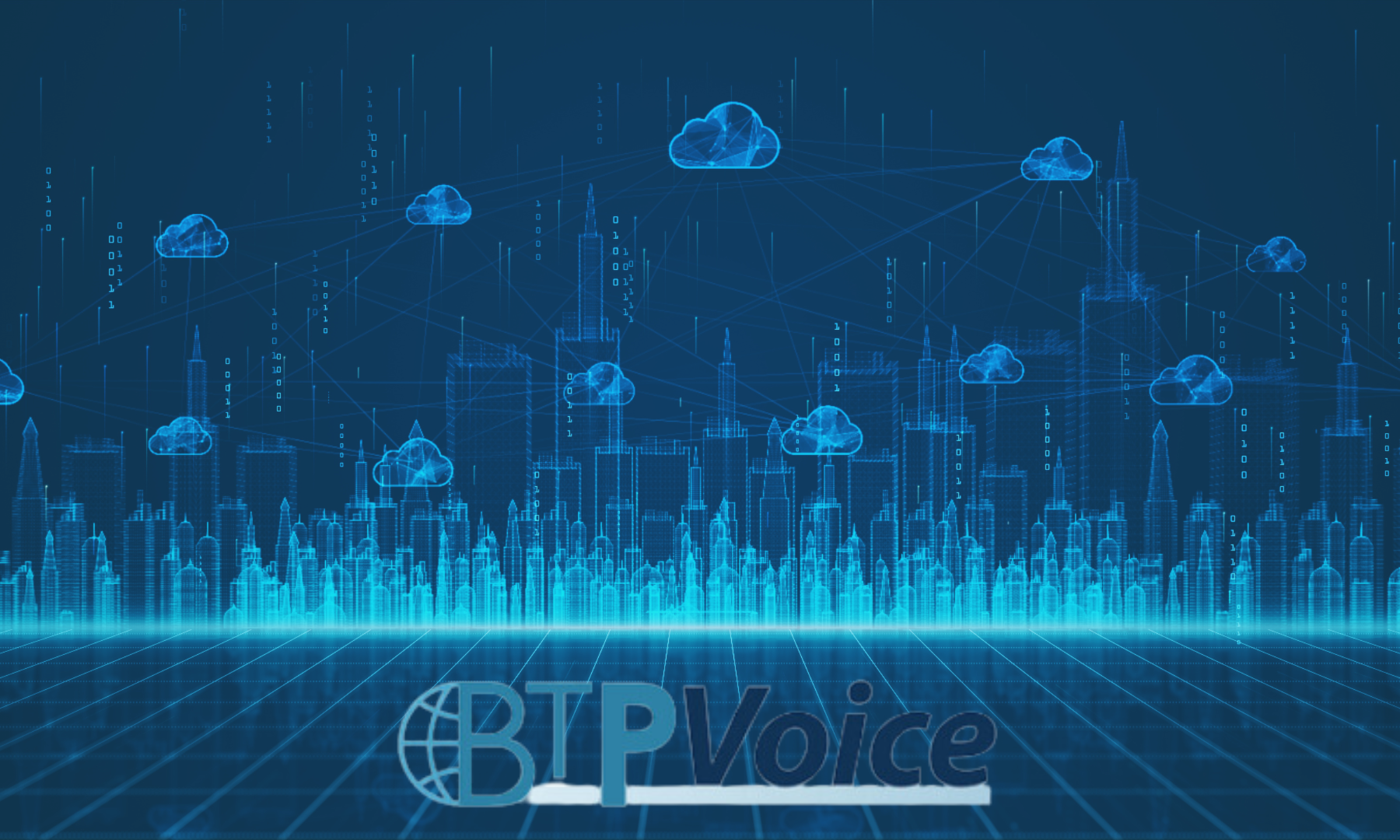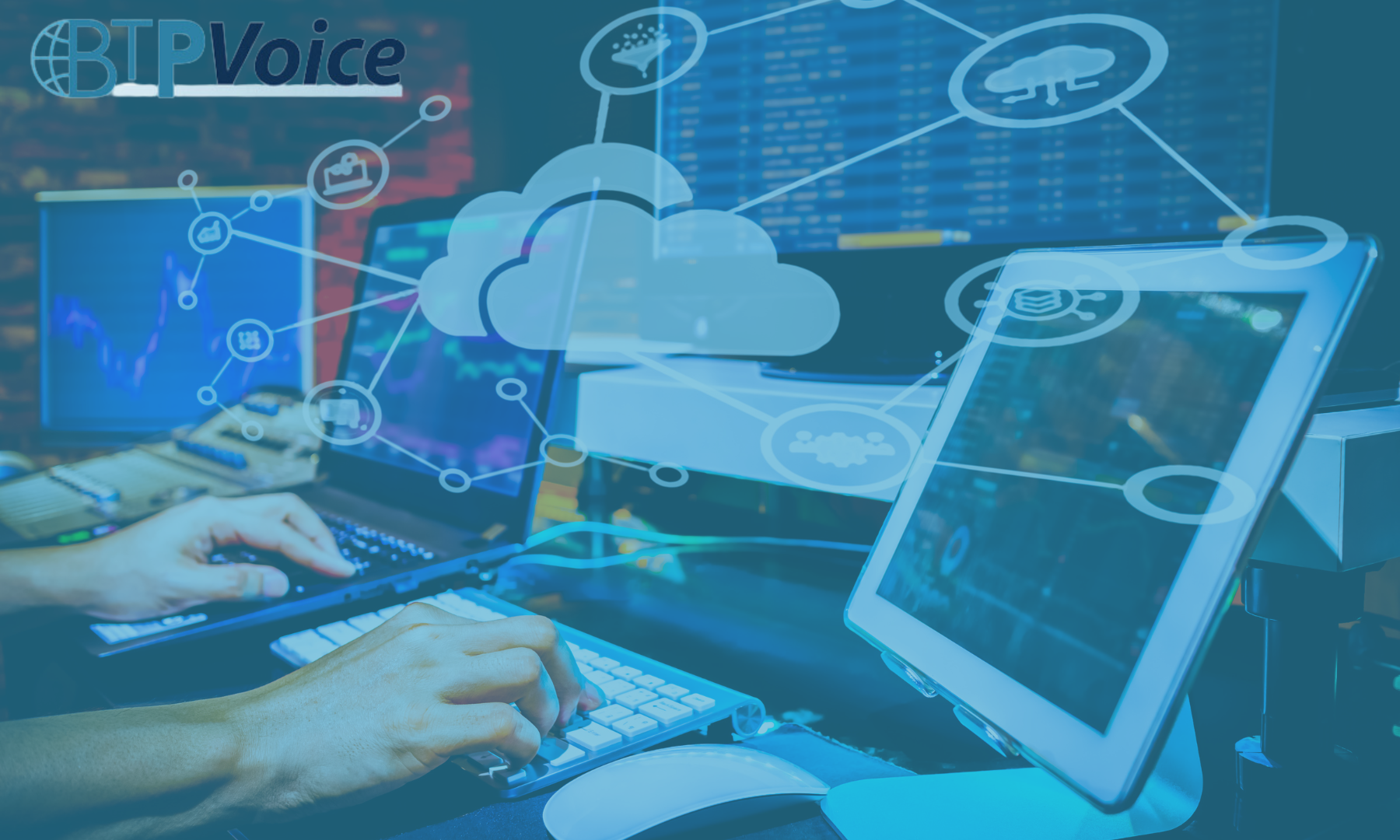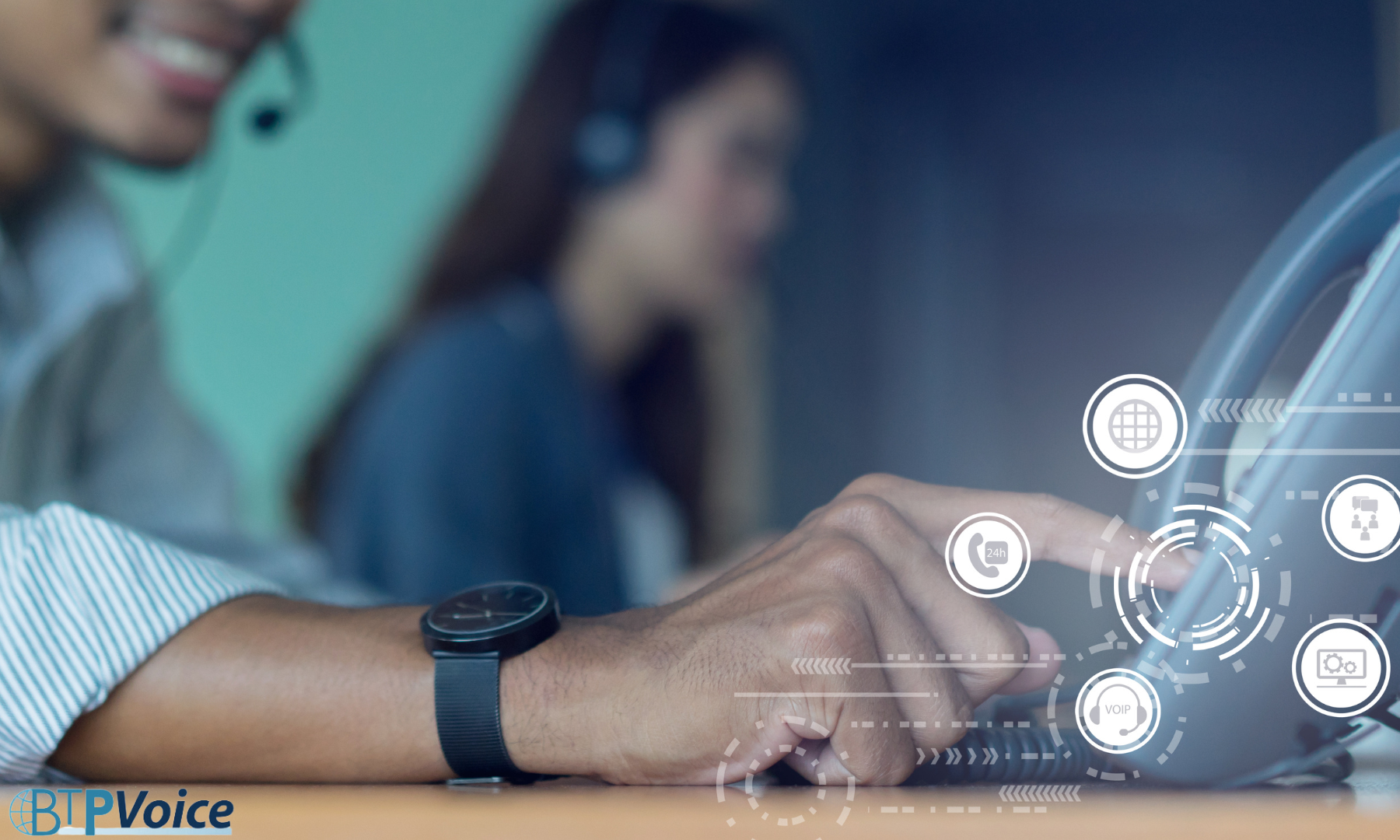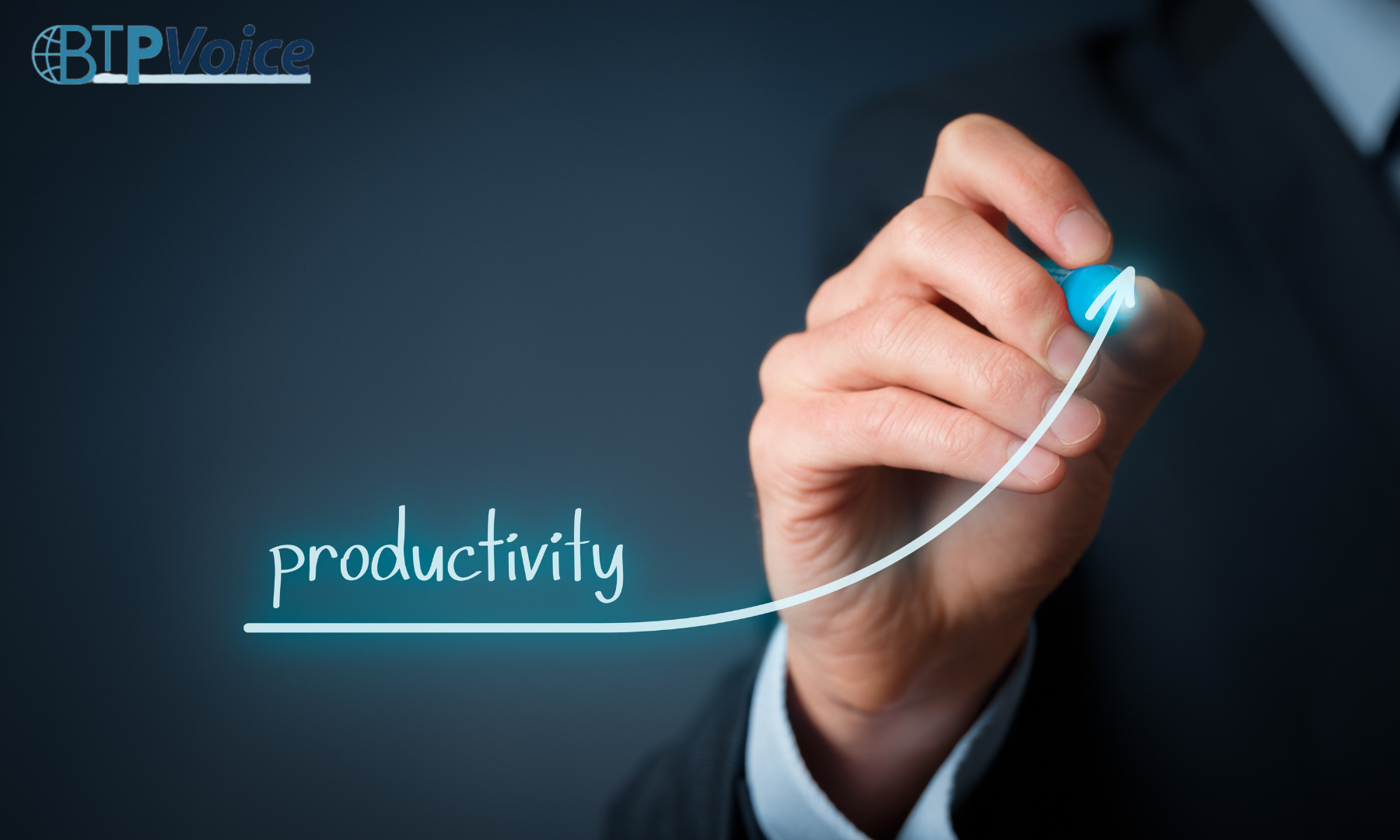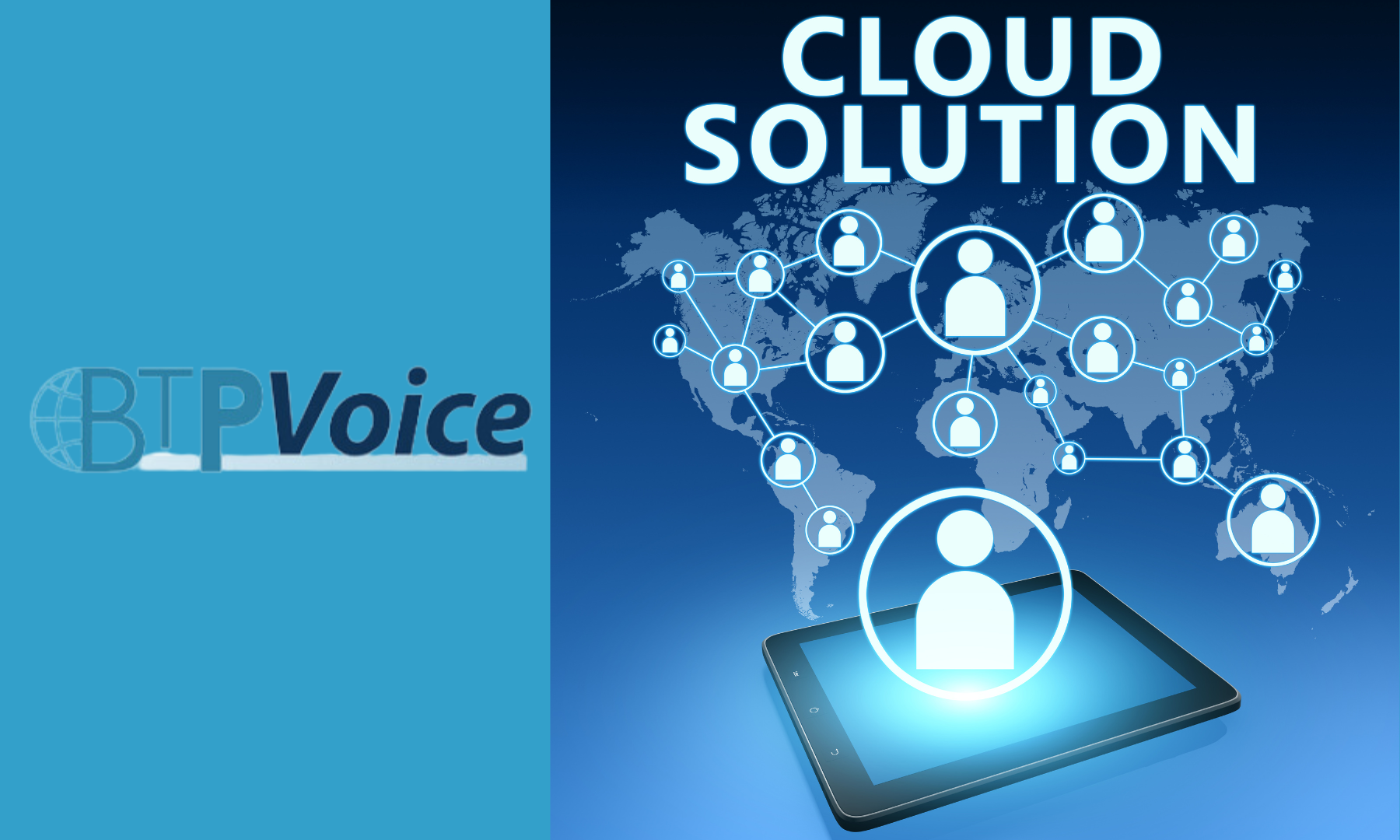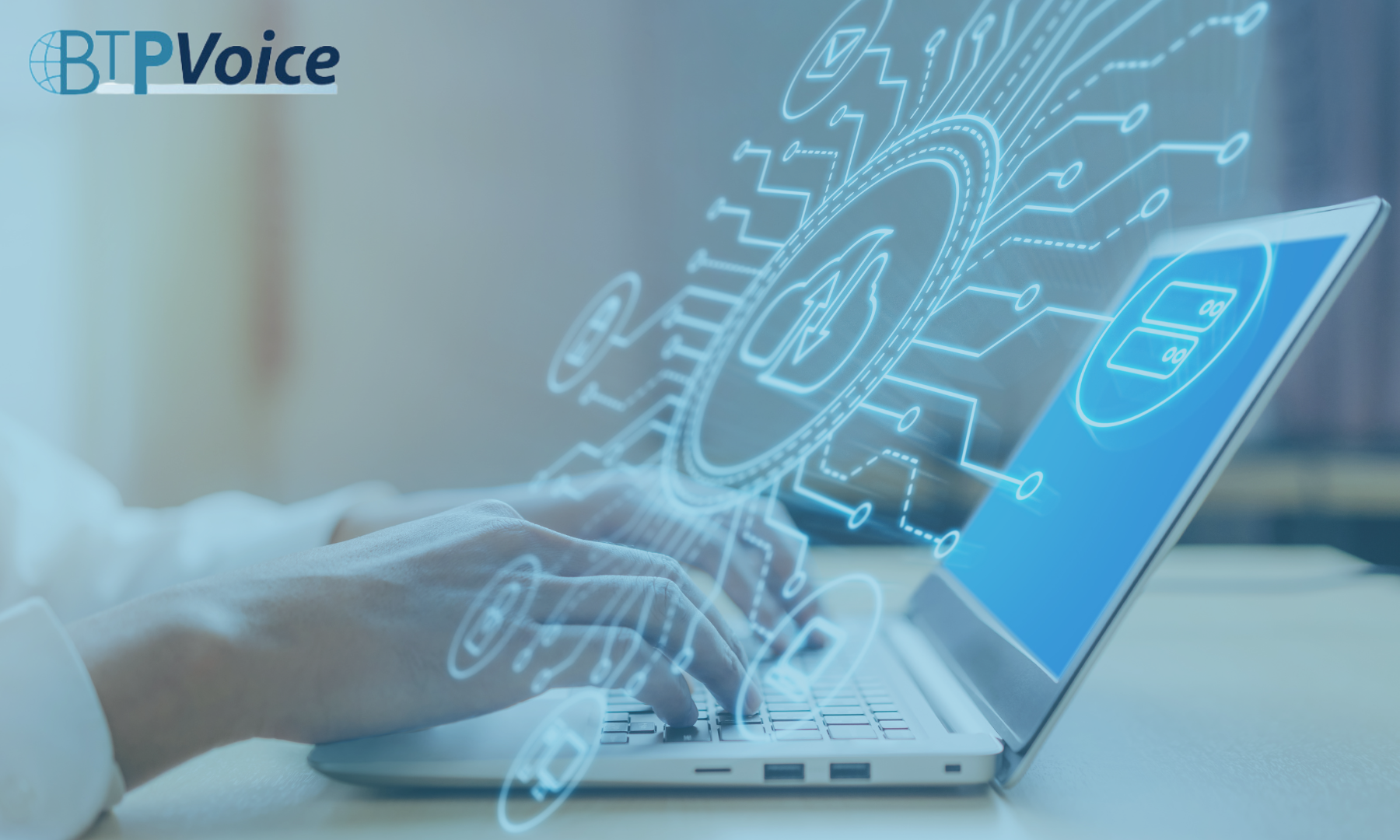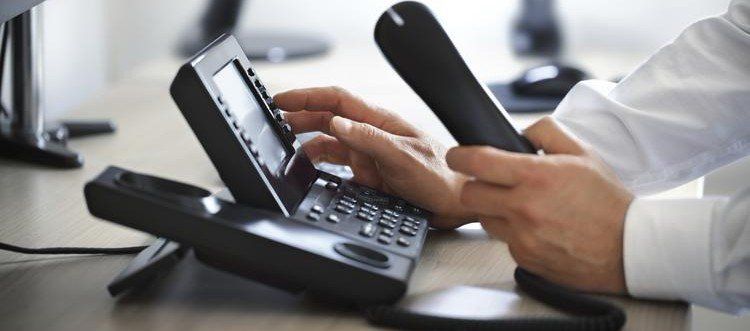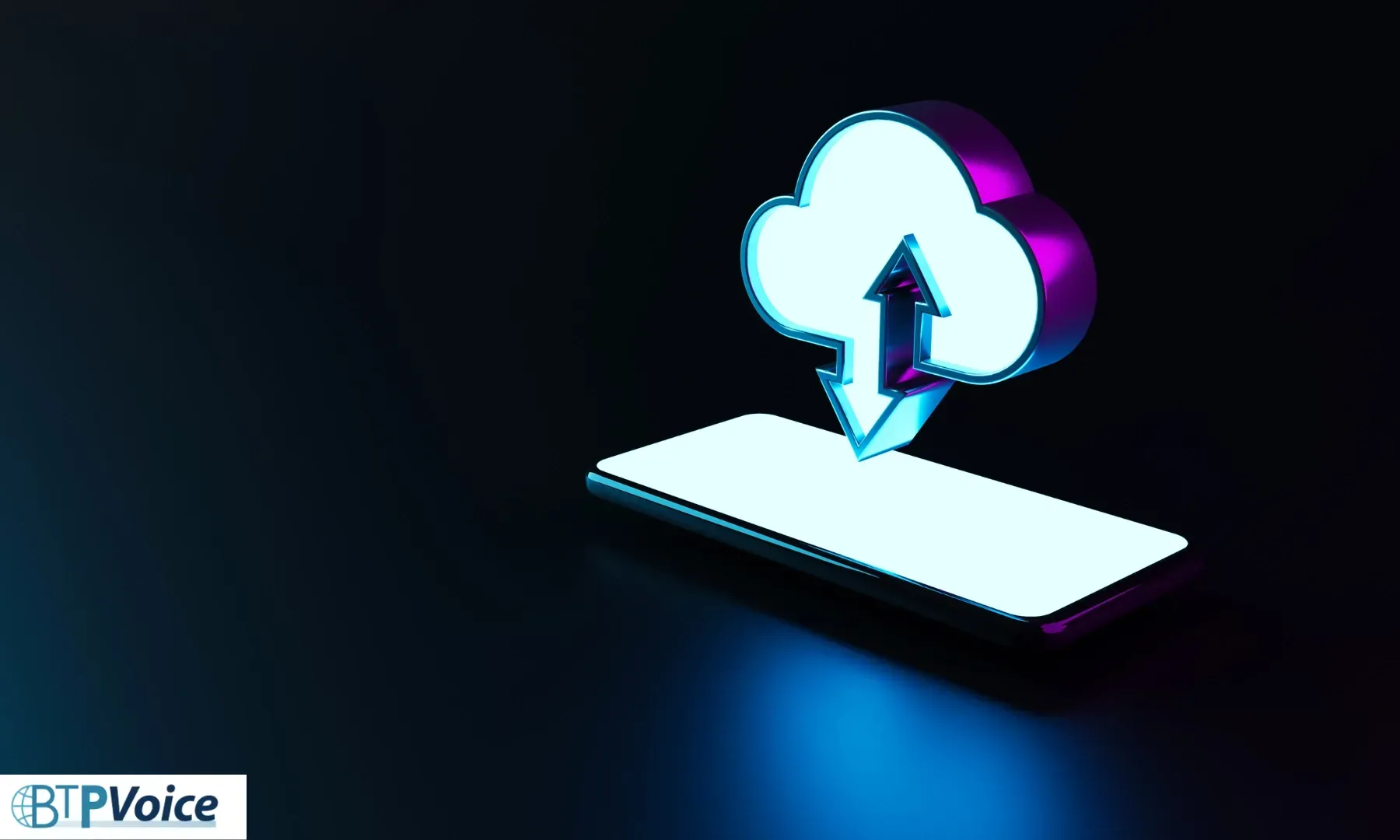How Cloud Phone Systems Are Transforming Business Communications
How to Integrate E-Fax and Your Existing On-Site Faxing Equipment
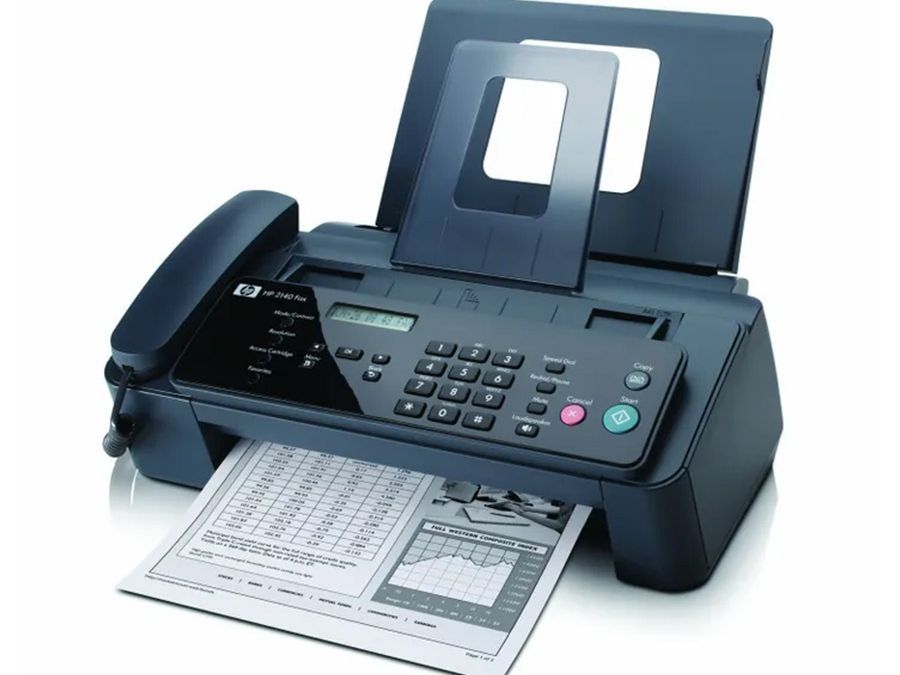
Making sure that communication between you and your clients is seamless and secure is a top priority, especially in the current climate. You need to ensure that all your data and documents are properly transmitted, secured, and tracked for compliance.
Enter the e-fax. E-faxing is the process of sending and receiving faxes electronically via internet connections instead of using a traditional fax machine. This new technology streamlines processes while offering a level of security and document control not found with analog faxing systems.
But, how can you transition from using your on-site faxing equipment to using e-fax? In this article, we'll cover all you need to know about integrating e-fax with your existing on-site faxing equipment. We'll also provide tips on how to maximize efficiency while minimizing disruption during the transition process. So let's get started!
What Is an E-Fax?
If you've ever asked yourself, "What is an e-fax?" the answer is simple: it's a way to send and receive documents electronically via the internet. An e-fax replaces the need for paper documents sent by traditional fax machine and takes advantage of the power of digital communication.
E-faxing offers a number of advantages over traditional faxing. It's faster, more secure, and less expensive than traditional methods. Most importantly, it eliminates the need for a dedicated phone line for fax transmission—just connect your computer or smartphone to your internet connection and you're good to go. And because e-faxes are transmitted over the internet, they can be sent from virtually anywhere with an internet connection.
So if you've been tasked with integrating your existing on-site faxing equipment with an e-fax service, you have a lot to gain from making this transition. By choosing the right service provider, you can make sure that your organization stays ahead of the curve in terms of its fax technology capabilities—allowing you to move as quickly as possible along the digital transformation journey.
Benefits of an E-Fax Integration
If you're looking for a more efficient way to manage your faxing activities, an e-fax integration of your on-site equipment may be the perfect solution. By connecting your existing machines with an e-fax service, you can benefit from numerous advantages.
For starters, integrating your on-site and e-faxing systems will make it easier to send, receive and store faxes. This will save you time, money and effort that would have otherwise been spent manually transferring files or physically sending documents—a huge plus in the business world! Plus, you can access your faxes from any device that's connected to the internet with ease.
Additionally, e-fax integrations are secure and reliable. You won't have to worry about lost or damaged documents or having sensitive data intercepted mid-transmission anymore—all files are transmitted via a secure server and stored in a secure cloud storage location.
Finally, this system is simple enough for anyone at any level of experience with digital tools to use. No need for IT departments or special specifications—you can quickly get up and running without much technical knowledge involved.
What Do I Need to Get Started With an E-Fax Integration?
Integrating your existing on-site faxing equipment with an e-fax system doesn’t have to be complicated – especially when you break it down into steps. Here's what you need before you get started with integrating e-fax and your existing on-site faxing equipment:
A Dedicated IP Address
You'll need to assign a dedicated IP address for your fax machine. This is so E-Fax can send and receive all of the documents that you'd like to send and receive via your fax machine.
An Internet Connection
Having a stable, strong internet connection is essential for an efficient E-fax integration. Without the right internet connection, any data you are trying to send or receive may not arrive through correctly or even at all!
An E-Fax Account
Once you have the above two items taken care of, sign up for an e-fax account – this will be what actually enables E-Fax to work with your existing on-site fax system. It's also important that make sure that your e-fax account is compatible with the type of documents you'd like to fax.
With these three steps taken care of, an E-Fax Integration should run smoothly!
How to Install and Connect Your Fax Machine
Now let's talk about installation and connection. Installing your fax machine is pretty straightforward. You'll need to plug the power cord into a power outlet, connect it to your phone line, and turn it on. Then you'll want to check out any software that came with the machine, and you're ready to go!
Next, you'll need to connect your fax machine to e-faxing. Before doing so, make sure that the fax machine has successfully sent and received a test fax or two so that you know everything is working correctly.
Once you've established that everything is running smoothly, you'll want to follow these steps:
- Go the web interface of your e-faxing provider
- Locate the setting for forwarding incoming faxes
- Set the option for incoming calls to be forwarded to your fax machine
- Enter in your personal identification number (PIN)
- Test out the connection by sending yourself an example document
Following these steps will ensure that both your e-faxing and on-site faxing are integrated properly so that workflows are more efficient and cost savings are realized quickly!
Troubleshooting Tips and Best Practices When Integrating E-Fax With Your Fax Machine
When it comes to troubleshooting and best practices when integrating e-fax with your on-site faxing equipment, there are a few things you should keep in mind. First, make sure that all the proper settings are configured correctly, including the modem settings and any other ports or protocols used. Second, check if the firewall settings need to be adjusted. And finally, always test multiple fax transmissions to make sure everything is up and running.
Here are some additional best practices when using e-fax:
- Check for compatibility with your fax machine before attempting to integrate e-fax
- Ensure that you have the correct cable setup in place
- Use an Ethernet port for transmitting faxes
- Check your error logs regularly
- Make sure your fax machine has a dedicated phone line
- Have a backup system in place if something goes wrong
- Make sure you have enough memory in your fax machine to accommodate digital files
- Ensure the minimum system requirements for e-fax
- Regularly check for software updates for both the fax machine and e-fax software
- Test each transmission before initiating large batches of documents
Following these best practices will help ensure successful integration of your on-site faxing equipment with an e-fax system, so you can get back up and running quickly and confidently—and take advantage of all the great features of an electronic fax service!
Benefits of Using E-Fax With Your Existing on-Site Faxing Equipment
Integrating e-fax and your existing on-site faxing equipment has plenty of benefits that you might not have considered, so let's take a look at a few of them.
First and foremost, integrating e-fax with your existing on-site equipment can help you save time and money. By streamlining your fax processes, you can send documents more quickly, with fewer physical resources needed to get the job done. Plus, eliminating the need for paper faxes will lessen office expenses significantly over time.
Increased security
Using e-fax with your existing on-site equipment also offers increased security for sensitive documents. Thanks to secure protocols like TLS encryption and authentication measures like two-factor verification or PIN codes, confidential information is far less likely to be intercepted or compromised when sent electronically. Plus, secure protocols allow for secure document sharing between users on a network.
Improved convenience & scalability
Finally, integrating e-fax with your existing on-site equipment can greatly improve the convenience of sending documents. With an integrated solution, you'll no longer need to worry about having physical machines on site or needing to physically store documents somewhere safe for long periods of time. Not only that, but it also provides scalability – whether you need to send one document or thousands of documents at once – you can do it all with ease!
Conclusion
All in all, integrating e-fax with your existing on-site faxing equipment is a great way to take advantage of the benefits of electronic communication. It eliminates all the hassle of traditional faxing and makes it easier, faster and more secure to fax on the go. Plus, it's a great way to save time and money. But, like anything else, the success of your integration project depends on proper planning, research, and implementation. So, be sure to have an in-depth understanding of your existing on-site faxing equipment, determine the best e-fax provider for your needs, and properly configure settings to maximize the success of your e-fax integration.

